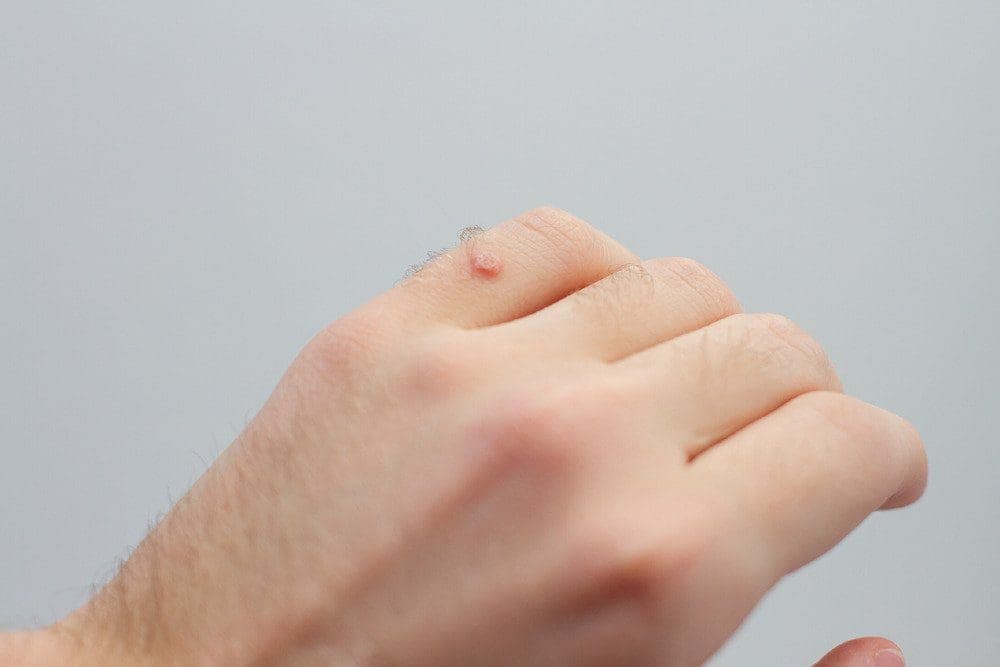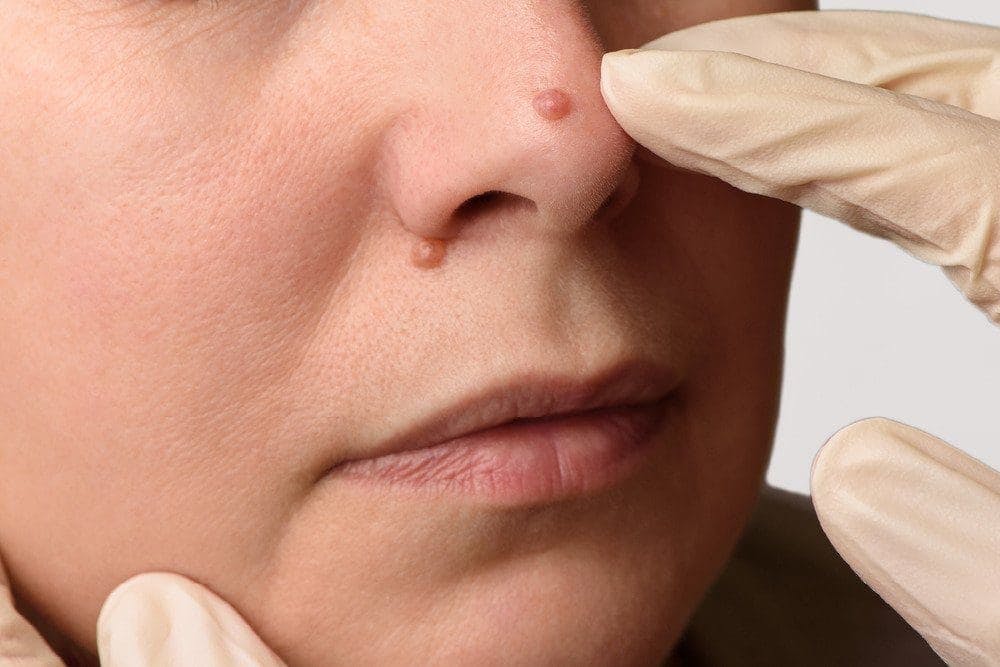Warts are a common skin condition caused by the human papillomavirus (HPV). HPV is contagious, so it is quite easy to contract this virus. Many people obtain warts through skin-to-skin contact with someone who already has a wart, or simply by touching something that touched a person’s wart before, such as a towel or the floor of a locker room.
Common Warts
The most common sort of wart is the common wart, which often appears on the hands and fingers. They have a flesh-colored or grayish appearance and are tiny, rough, and bumpy. Common warts can be uncomfortable or irritating, and if picked or scratched, they may bleed. Through skin-to-skin contact, they can potentially spread to other regions of the body or other persons.
HPV types 2, 4, and 7 cause common warts. They usually disappear on their own after a few months to two years, but treatment may be required if they cause pain or spread. Over-the-counter wart treatments such as salicylic acid are available, as is cryotherapy, which involves freezing the wart with liquid nitrogen.











